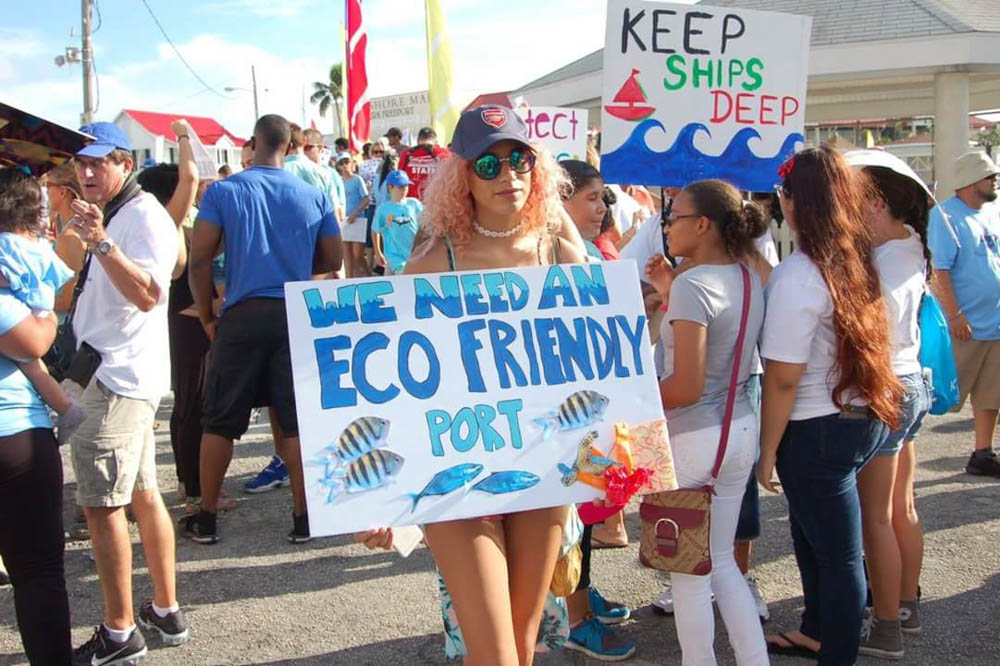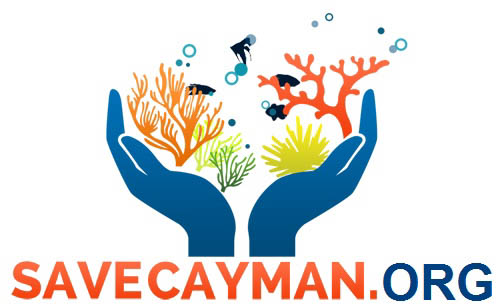Under the mentorship of Cayman’s dive operators young Caymanians are motivated to protect the environment every day.
As Earth Day activities are being planned in the Cayman Islands, 24-year-old Gabriella Hernandez is involved in meetings with the Cayman Islands Department of Environment, the National Trust of the Cayman Islands and other organizations. An active member of Save Cayman, a non-profit geared to sustainable tourism, Hernandez is advocating for focus on protecting Cayman’s reefs and teaching students about sustainability.
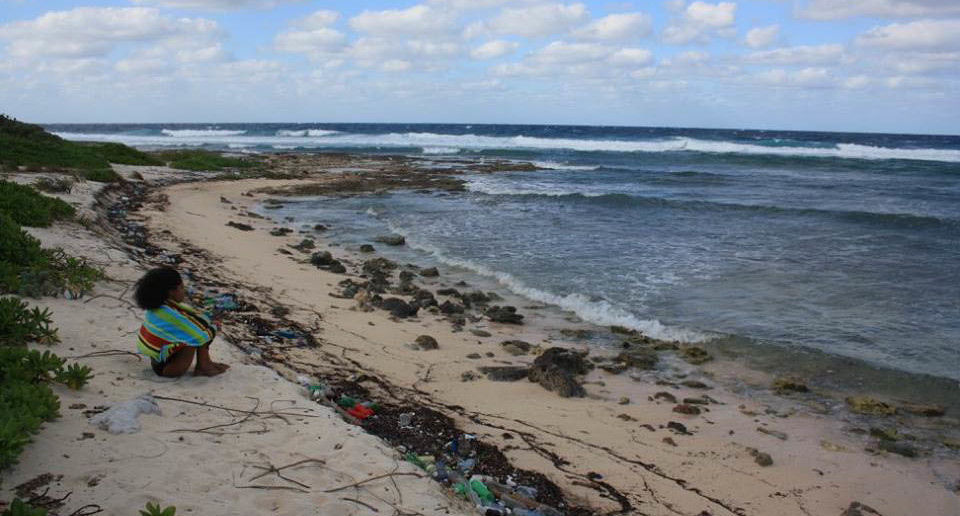
“I try to be involved with local initiatives and I work with other people and groups to advance sustainability − volunteering, speaking with students, writing educational and critical pieces, blogging, organizing events, taking part in community initiatives and sitting on the charity board at my company,” she says. “I studied law and am doing my masters in public policy and management so I can approach problems from an informed position. There are options for people to get involved and effect even a small amount of change in their every day lives.”
Hernandez is part of a core group of young Caymanians and island residents focused on sustainability, and Save Cayman (www.SaveCayman.org) has given them a platform. A grassroots organization, Save Cayman sprang up in protest to a government approved cruise berthing facility in George Town, but its broader mission is sustainable tourism.
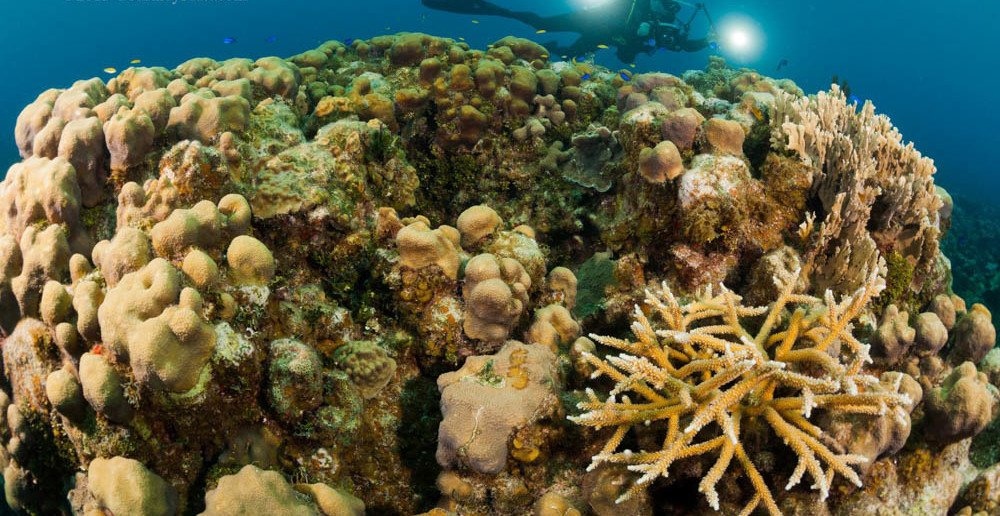
“These young Caymanians have helped organize events, provided energy for the cause, and have helped get the message out via social media,” said Keith Sahm, General Manager of Sunset House and one of the founders of Save Cayman. “They need to be involved – it’s their future at stake.”
Cayman’s dive operators make it a priority to work with local schools throughout the year on programs aimed at educating students about conservation.
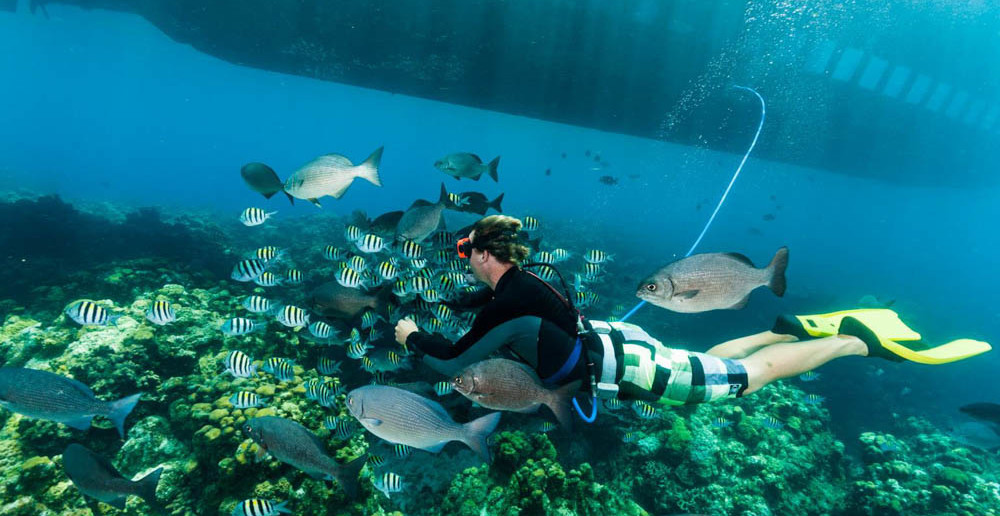
“We try to expose kids to the marine environment every chance we get to show them what’s underneath the water, so they can learn to appreciate it,” says Red Sail Sports Operations Manager Rod McDowall. “As they say ‘out of sight out of mind’ so we try to remedy that by taking kids out on our Catamarans and dive boats as often as we can to get them in the water.”
“We especially need young people as they seem to understand that ecosystems are quite literally the life-support systems that enable humanity to thrive (fresh air, clean water, pollination of crops etc.),” said Alistair Yeomans, who is an advisor to Save Cayman,
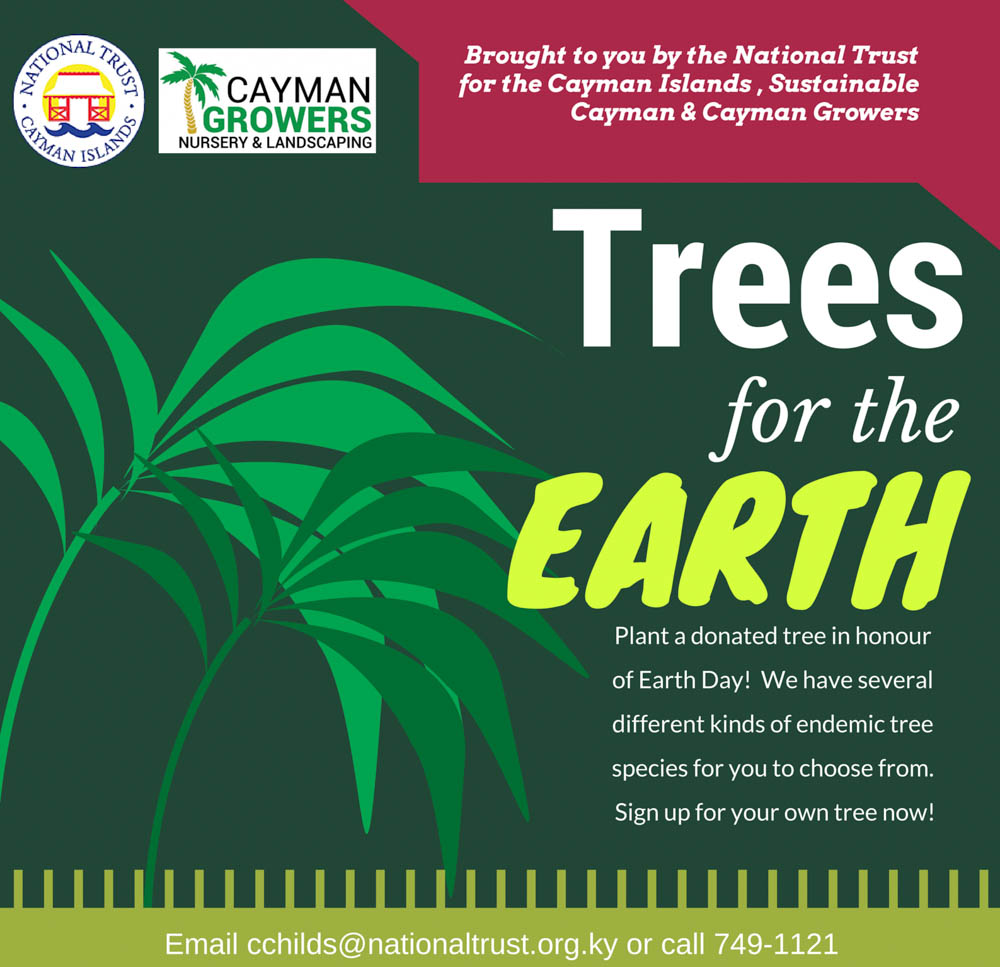
“This is in part due to advances in school curricula (certainly in the UK) embracing the concept of sustainability.”
Yeomans works for an environmental organization and is a research associate at the University of Oxford with a strong interest in evidence-based policy making and environmental governance. He got involved after hearing about the proposed berthing facility prepared documents for Save Cayman. Yeomans says humans view the world in two ways: (1) humans are superior to all other species and Earth provides unlimited resources for humans (2) humans represent one among many species on Earth; that human activities are determined by the environment as well as by social and cultural factors, and that humans are strongly dependent upon the environment and its resources.
“The first is old school thinking and clearly not the case − many politicians and corporations still view the world through this lens,” he says. “I believe young people are more likely to get the second view as it is logical and time dictates that the consequences of short-term unsustainable actions can negatively effect people in the long-term. There are many examples the most prominent global issue being climate change.”
This message is loud and clear to the young people carrying the Save Cayman banner into 2016, and as they watch other island nations balance economic diversification with responsible usage of limited natural resources.
“In the Pacific there are island chains focusing on a ‘Green and Blue’ economic model, in which sustainable utilization of aquatic resources are ensuring their population’s economic well being,” says Rory McDonough, another young Caymanian involved in sustainability. “The Seychelles serve as an example of such a drive, with stringent marine controls and a commitment to the preservation of the marine life in their waters.”
McDonough says communication with other island nations, including Cayman’s Caribbean neighbors, and sharing research that can be used to educate the next generation will strengthen Cayman in the future.
“Increased community involvement in local food production and domestic renewable energy production will enable avenues for Caymanian employment to be opened as well as a national reduction of reliance on imported food supplies and fossil fuels,” he said.
“I believe that Cayman will have no choice but to embrace sustainability,” says Gabriella Hernandez. “We need a vision and to develop a national plan in which government officials are obliged to commit regardless of their party affiliations. A serious commitment to renewable energy, intelligent land use, increased protections for our natural resources, and a heavier investment in education so that young Caymanians can compete in a diversified and globalized economy.”
Hernandez and McDonough both say government needs to take a more active role in sustainability, and that without collaboration on all fronts, Cayman will fail to ensure that present and future generations can create a living in their homeland.
“Cayman is a small place and community willpower is a powerful force for change,” says Gabriella.



